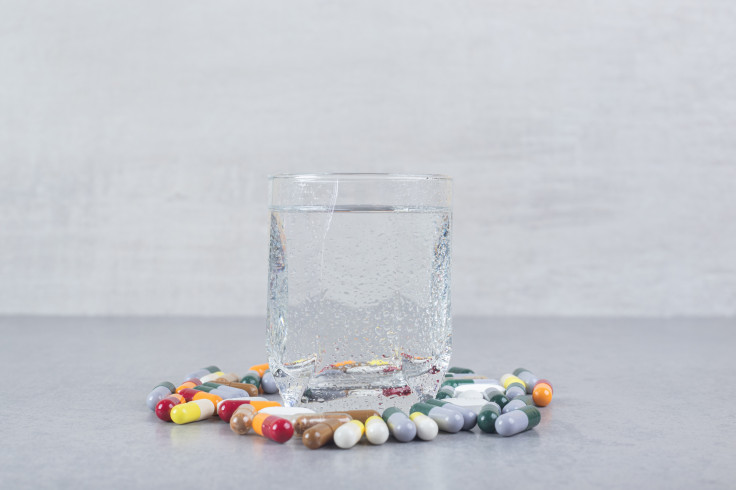Worried About Supplements Harming Your Liver? Doc Shares Tips

Thinking of adding supplements to your wellness routine but worried about liver damage? It is good to be cautious as mindless supplement intake can harm your organs, but the good news is that you can still enjoy the benefits safely.
Dr. Karan Rajan, a top U.K. surgeon, warns that this is because all kinds of supplements, even natural ones can affect the way the liver functions, Dr. Rajan explained in an Instagram video to more than 1.7 million viewers.
Dr. Rajan admits that he is a fan of supplements and even takes a few himself, including omega-3, vitamin D, and fiber. But in response to a video of a woman who developed organ failure after using supplements for hair and nail growth, he offered a clear warning: "Just don't turn your liver into a science fair project gone wrong." "If you take supplements and want to avoid liver injury, there are a few things you should know," he added.
Know how it affects the liver:
Before taking any supplement, Dr. Rajan advises checking a trusted source like LiverTox—a database that compiles case reports on how various drugs and supplements impact the liver.
"If it's listed under grade A,B or C, be extra cautious about the dose and what you're taking. Even the natural ones involve liver metabolism, meaning they go through the liver's biochemical sorting hat and get processed by liver enzymes. This can affect how hard your liver is working," he said in the video.
Ensure quality:
With supplements so easily accessible, it is easy to get swept up by flashy marketing without knowing what you are really getting. That is why Dr. Rajan recommends looking for third-party certification labels on packaging, these indicate that the product has been independently tested for safety, quality, and performance. Although no testing can guarantee 100% protection from liver injury, it can at least help you know what is actually inside the capsule.
Be mindful of dosage and interactions:
When it comes to the dosage of supplements, Dr. Rajan emphasizes that more is not always better so it is crucial to stick to clinically recommended amounts.
"If you're on prescription medications like statins, blood thinners, anti-epileptics and anti-depressants, check for drug interactions with your pharmacist or doctor before starting any supplement," he said.
"If you are taking multiple herbal supplements, make sure there isn't significant overlap between the active ingredients of each one. You're creating a pharmacological cocktail with unknown synergy," he added.
Published by Medicaldaily.com



























